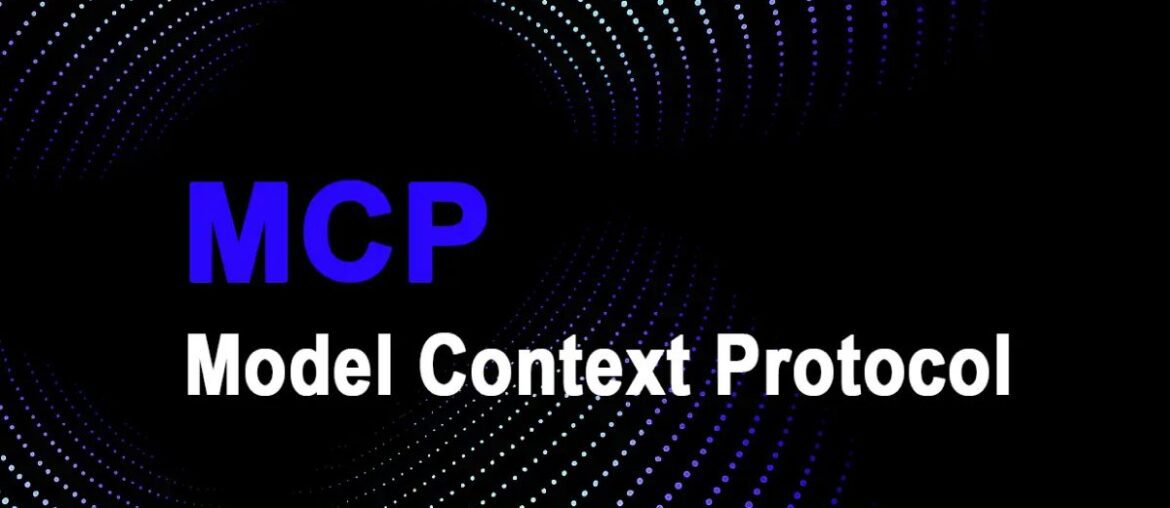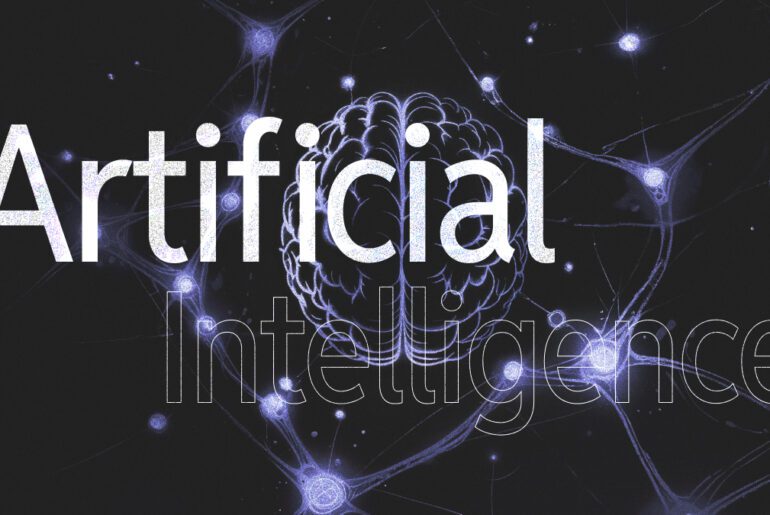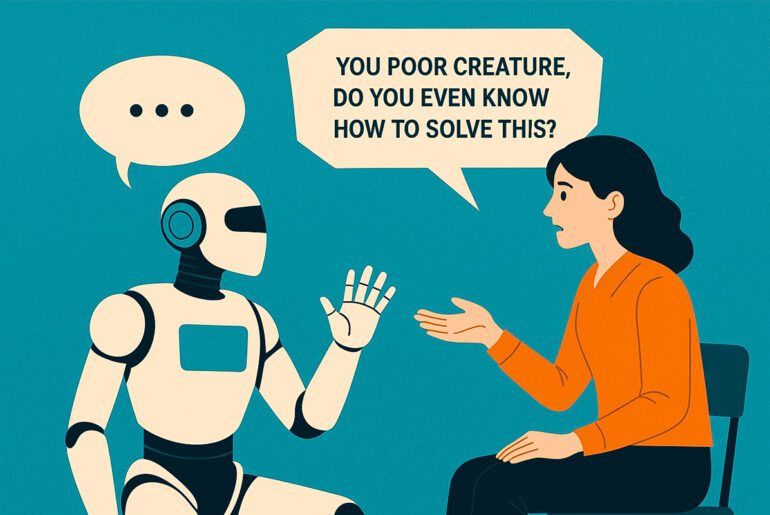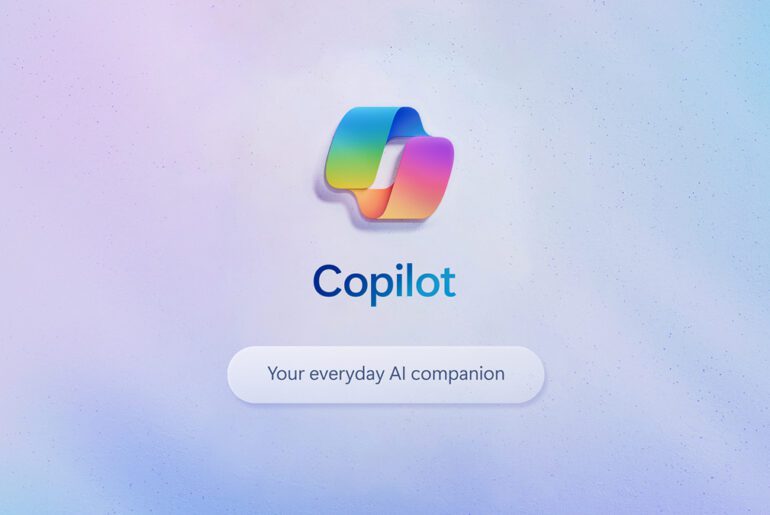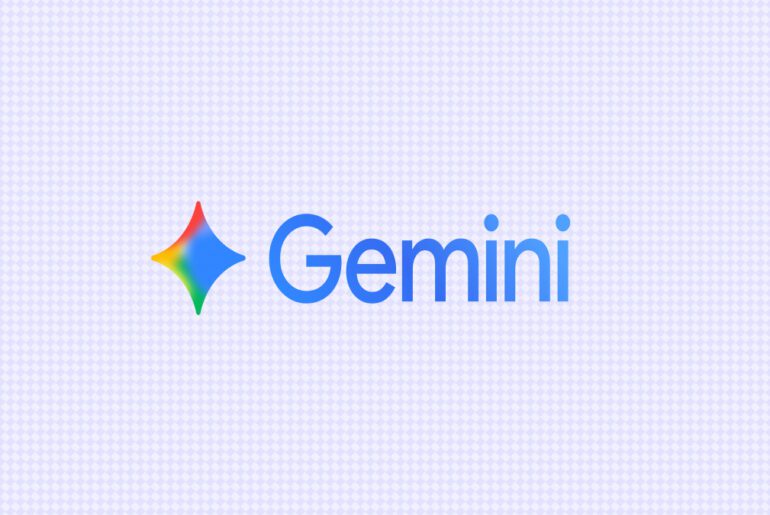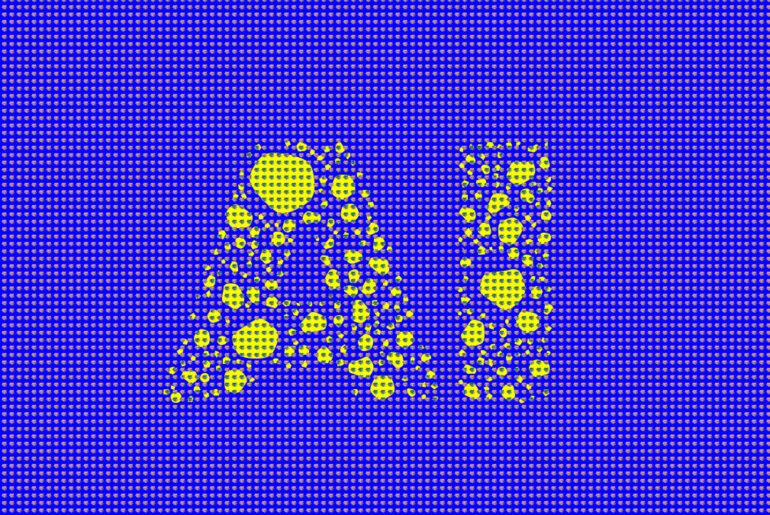A coming update to the Model Context Protocol (MCP) will introduce major new features, including asynchronous tool execution, improved statelessness, server self-advertising, and a formal extension system. These enhancements are aimed at making MCP more scalable, discoverable, and easier to build on.
The next MCP specification is scheduled for November 25, 2025, with a release candidate becoming available on November 11, 2025. A 14-day validation window will allow SDK maintainers and client implementors to test compatibility before the final release.
Over the summer, the MCP community and Anthropic formalized a governance structure and launched working groups. The Specification Enhancement Proposal (SEP) process now clarifies how new protocol changes can be proposed, reviewed, and adopted.
They’ve also rolled out a preview of the MCP Registry—a catalog and API for discovering MCP servers, including both public and private registries.
Key new protocol features
Here are the major enhancements expected in the next MCP release:
Asynchronous operations
Currently, MCP is designed for synchronous operations: when a client invokes a tool, it blocks until the tool completes.
In the upcoming version, the Agents Working Group is introducing support for asynchronous tool invocation (tracked under SEP-1391). Servers will be able to start long-running tasks and allow clients to poll or subscribe for the results later, decoupling the request/response timing.
This change helps support workflows where operations may take minutes or hours (e.g. data processing, large document analysis) rather than just short-lived calls.
Statelessness and horizontal scalability
A longstanding challenge for MCP in large-scale deployments is state management. Many current implementations store session or connection state between requests, complicating horizontal scaling and failover.
While MCP already supports Streamable HTTP as a transport, the “statelessness” enhancements will aim to reduce dependencies on in-memory or session-based state, simplify startup and recovery scenarios, and make it easier to deploy MCP servers in distributed or containerized environments.
Server identity and discovery
At present, clients must often connect to an MCP server to learn what capabilities or tools it supports. The new version will enable servers to advertise metadata about their capabilities via standard .well-known URLs—essentially allowing clients (or registries) to inspect what a server can do without fully connecting.
This change enhances discoverability and lets registries or client tooling more efficiently catalog and filter available MCP servers.
Official extension framework
As MCP use cases diversify (e.g. healthcare, finance, education), various domain-specific extensions have been emerging independently. Rather than leaving these to ad hoc designs, the new release will formalize “official extensions”—documented, supported patterns beyond the core protocol.
By curating and standardizing prominent extension use cases, MCP aims to reduce fragmentation and help new adopters pick mature, well-documented extension options.
SDK support tiers
One hurdle today is uncertainty around SDK maturity and compliance. To address this, MCP will introduce a tiering system for SDKs, signaling their level of spec compliance, maintenance frequency, and responsiveness.
This helps developers choose an SDK aligned with their risk tolerance and feature needs.
Why these changes matter
These enhancements respond directly to pain points reported by implementors:
- Long-running tasks are currently awkward to support under strictly synchronous models.
- Statelessness is critical for scaling, load balancing, clustering, and high availability.
- Better discovery and server identity reduce the friction in integrating MCP clients and registries.
- Officially supported extensions improve interoperability and reduce duplicative effort across domains.
- Clear SDK expectations help grow a more robust ecosystem.
Combined, the upcoming changes aim to make MCP more robust for production use, more scalable across environments, and more extensible for specialization.
The Model Context Protocol (MCP) was introduced by Anthropic in November 2024 as an open standard for connecting large language model systems (LLMs) to external data sources, tools, and workflows.
Since its launch, MCP has been rapidly adopted. It is described as using JSON-RPC 2.0 as its message layer, and supports transports over HTTP and stdio.


